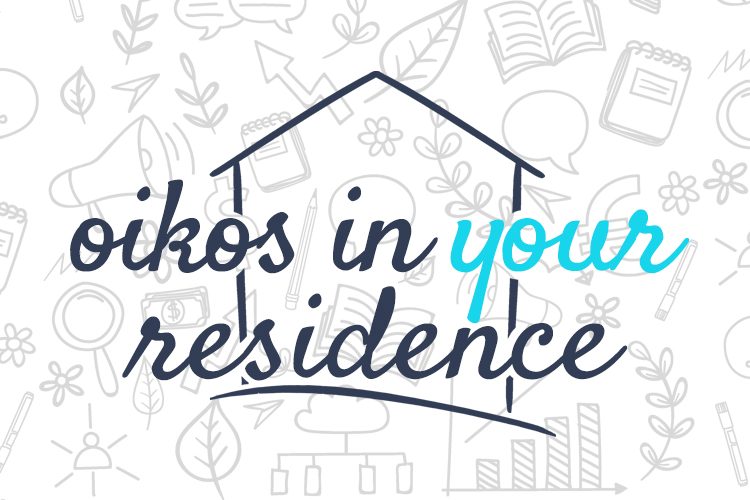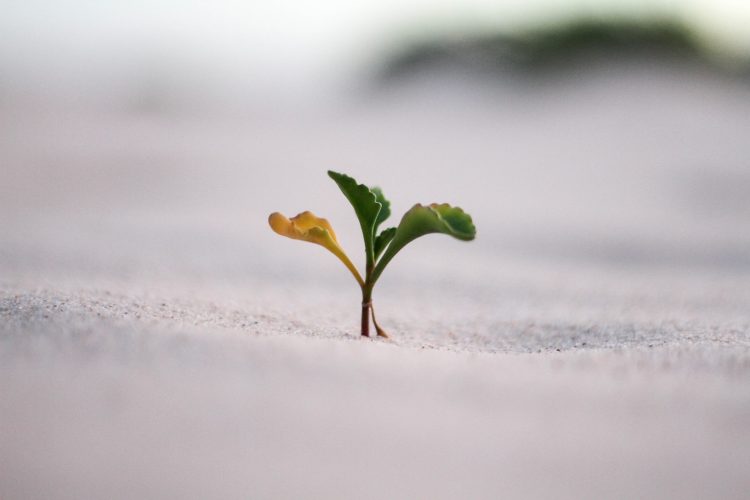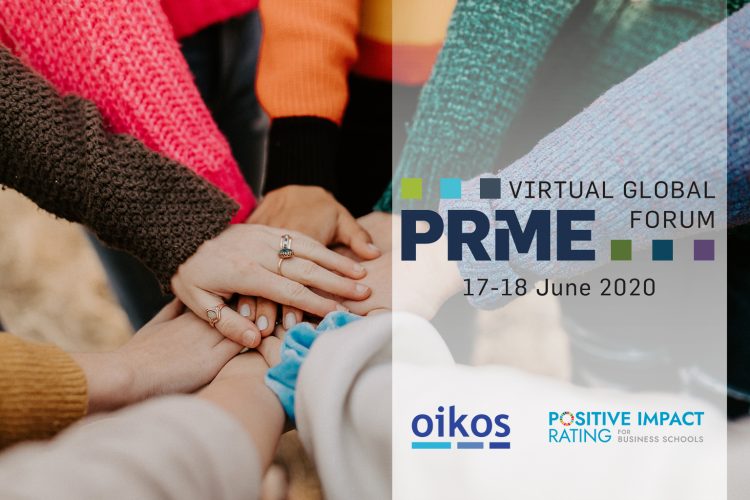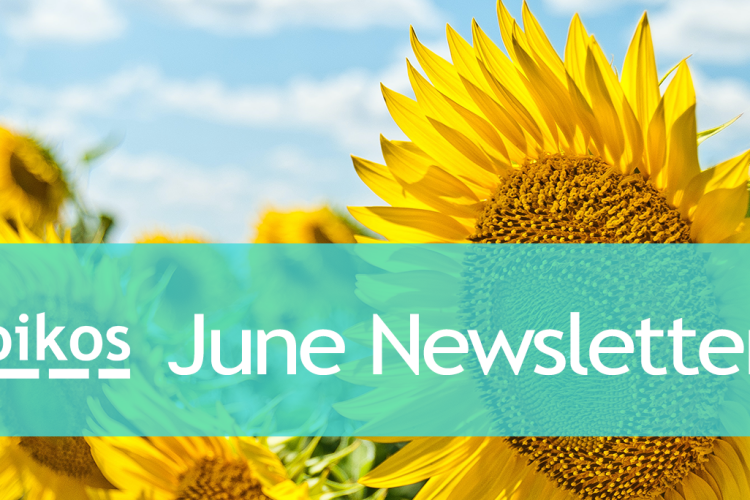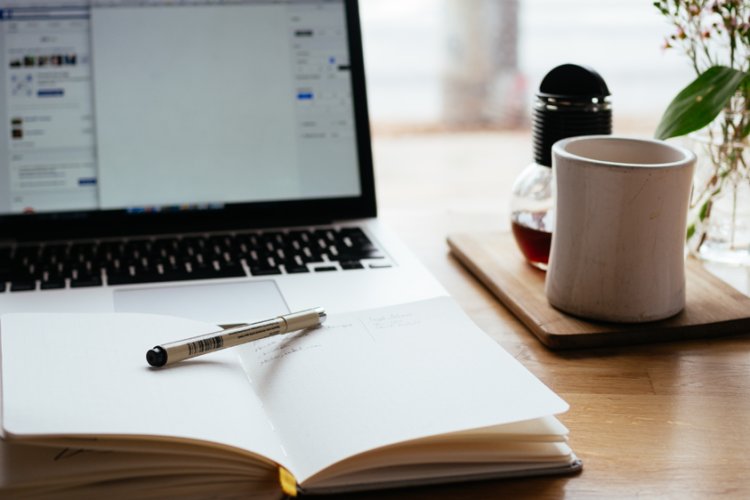Make the best to happen!! Put your imagination on paper and create the best curriculum. The fifth session of the oikos In (your) Residence. Work with “Building Blocks” to...
Just imagine, If you would have known the unknown. Join us to tell how you imagine your curriculum to be. Fourth session of oikos In (your) Residence. Dream about...
Wanna know more about what you can learn in your university? Join us to learn more about your curriculum. The third session of oikos In (your) Residence. Get the...
Wanna know who else is changing? Join us to hear from those who are already into it. The second session of oikos In (your) Residence where we will be...
The things around us are changing and so is the way to know them. We need to change. Why? Join us to know… The first session of oikos In...
oikos in Residence is a platform for accelerating the creation of materials that will help groups working toward curriculum change in economics and management. Over the years, we have...
After several months into the Corona pandemic, it is finally also time for oikos to publish an article on resilience. Or rather: on organizational resilience and from where we...
Author: John WattPositive Impact Rating Outreach Manager The Positive Impact Rating (PIR) was featured across several sessions over the past two days at the Virtual PRME Global Forum, contributing...
Welcome to the June edition of our newsletter! As summer approaches and the semester is slowly coming to an end the oikos Community keeps rolling full steam ahead. The...
Author: Marcelo Velosooikos International Sustainability Fellow oikos International, in partnership with swissnex Brazil, is organizing a global virtual conference in November 2020 on Sustainability & Leadership. We are currently...
- 1
- 2


